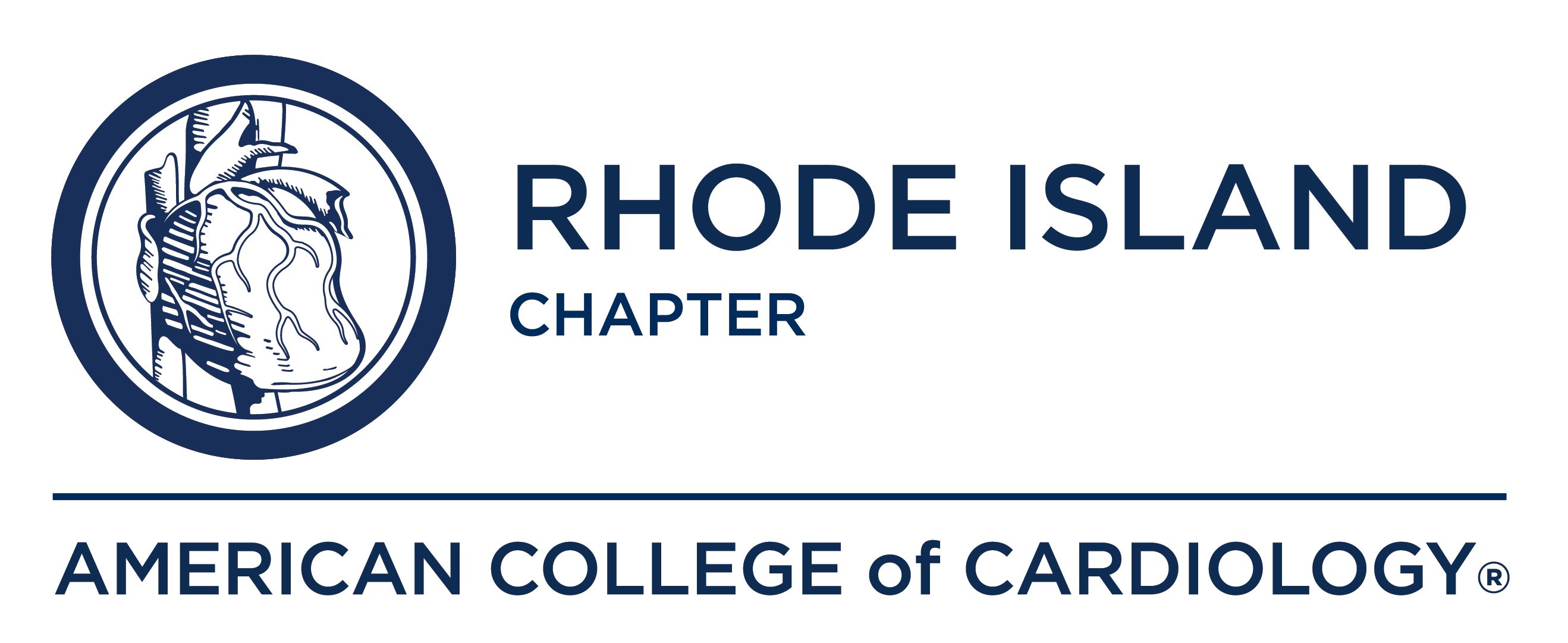Taken from the Providence JournalMichael F. Gilson: R.I.’s looming cardiology crisisWHILE ANGST about the high cost of medical care and the debate over health-care reform dominates the headlines, the Centers for Medicare and Medicaid Services (CMS) has quietly proposed payment cuts that, if introduced, would reduce reimbursement for cardiovascular services by 30 to 40 percent across the board. For reasons specific to Rhode Island — reasons that have received scant attention in the national or local dialogue — Rhode Islanders are uniquely threatened by the contemplated cuts.
|

